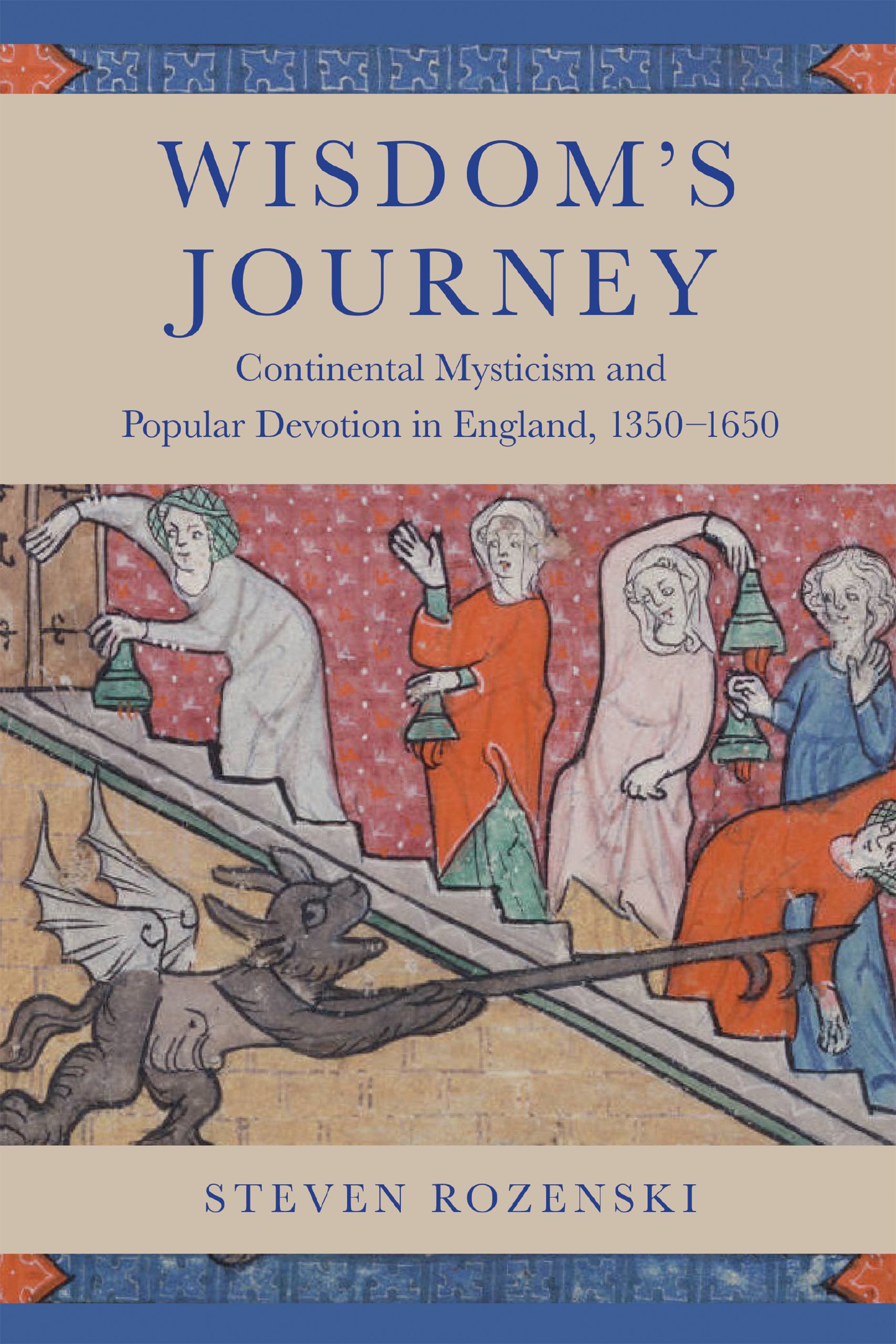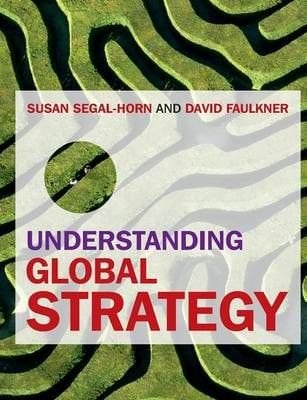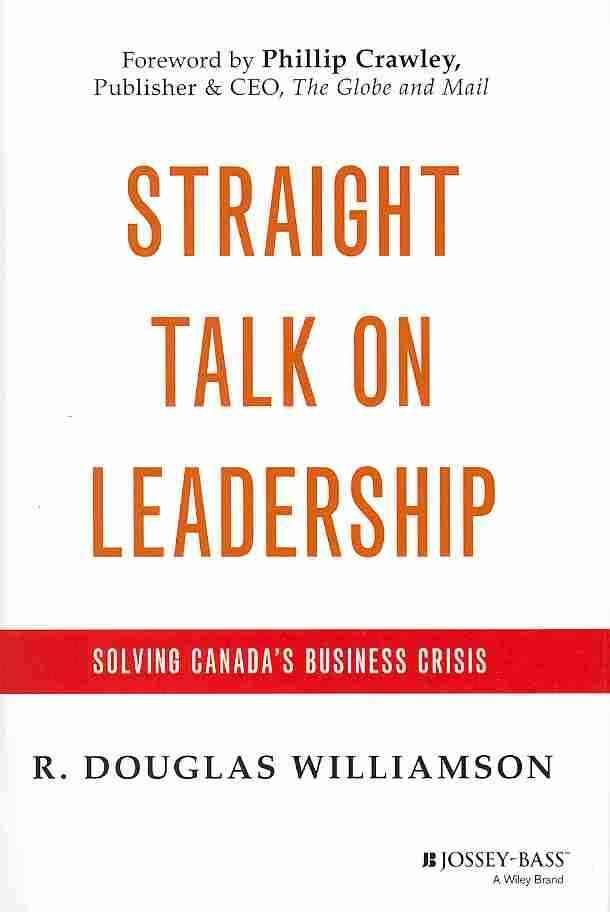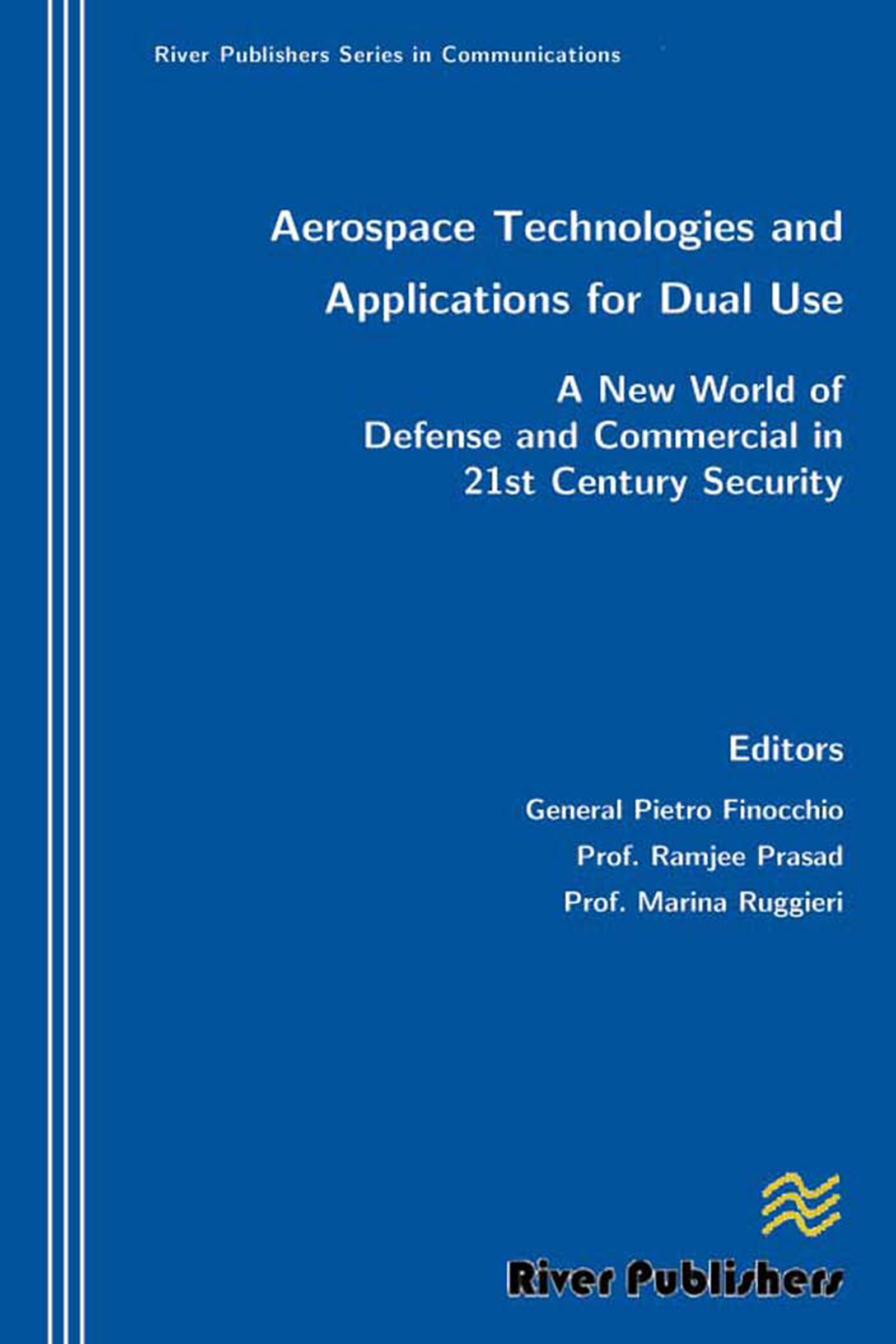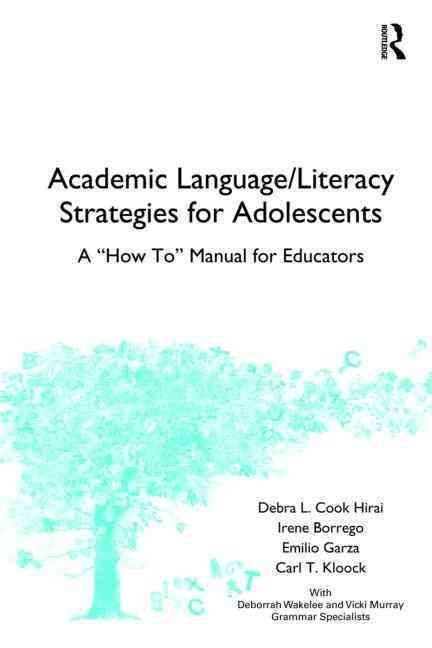Steven Rozenski reopens old discussions and addresses new ones concerning late medieval devotional texts, particularly those showing continental and German influences. For many, Martin Luther’s translation of the Bible into German has come to define the spirit of the Protestant Reformation. But there existed a host of devotional and mystical writings translated into the vernacular that had more profound impacts upon lay religious practices and experiences well into the seventeenth century. Steven Rozenski explores this devotional and mystical literature in his focused study of English translations and adaptations of the works of Henry Suso, Catherine of Siena, and Thomas à Kempis, and the common devotional culture manifested in the work of Richard Rolle. In Wisdom’s Journey, Rozenski examines the forms and strategies of late medieval translation, of early modern engagement with Continental medieval devotion, and of the latter’s literary afterlives in English-speaking communities. Suso’s Rhineland mysticism, the book shows, found initial widespread influence, translation, and adaptation followed by a gradual decline; Catherine of Siena’s Italian spirituality saw continued use and retranslation in post-Reformation recusant communities paralleled by vehement denunciation by English Protestants; and Thomas à Kempis’s Imitation of Christ attained a remarkably consistent expansion of popularity, translation, and acceptance among both Catholic and Protestant readers well into the nineteenth and twentieth centuries. Wisdom’s Journey traces this path as it reshapes our understanding of English devotional and mystical literature from the 1400s to the 1600s, illuminating its wider European context before and after the Reformations of the sixteenth century. Written primarily for scholars in medieval mysticism, Reformation studies, and translation studies, the book will also appeal to readers interested in medieval studies and English literature more broadly.
